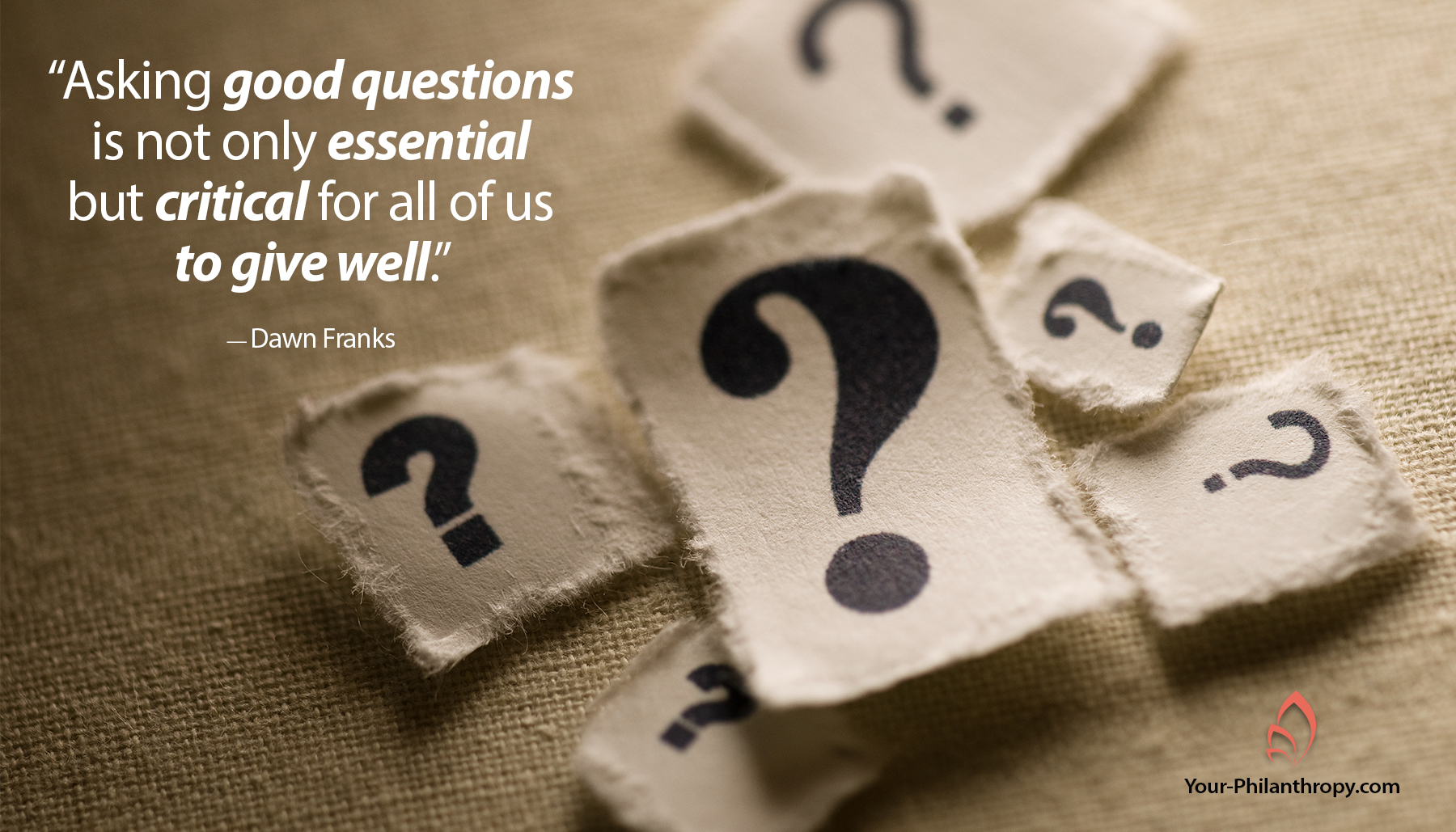Wait, what? How many times have you been sitting at a stop light, checking your phone, and suddenly you hear the radio announcer say something that causes you to go… Wait, what? I need an easy backup button for my radio; just 30 seconds would do the trick.
Or, you’re in a meeting, taking a few notes, thinking about the assignment on your desk you need to finish, and you hear something about a change in, Wait, what? There it is. That need to back-up again.
It’s the same question that triggered an abrupt halt to speed-reading through my email when a colleague told me about an executive director search. Wait, what? When did she leave; how did I miss that bit of important information? I re-read the email, more slowly.
Mentally I raced through the history of two organizations and two executive directors. It required a follow-up email to verify my memory of the facts. I needed clarification.
The answer mattered since I had to decide how I could be helpful. Both organizations did similar work serving a similar audience. One had financial problems and lack of board leadership. The other had a dedicated person at the helm with many years of service but needed help with management. Which organization and which ED?
“Wait, what?” slowed me down so I could process, gather more information, and ultimately, make a better decision. I am repeatedly brought up short in a similar fashion as I go about my work with nonprofit organizations and private foundations.
I often write about the importance of asking questions so you can be a better donor. Recent articles in the field of philanthropy reinforce taking time to listen to program participants, nonprofits, those who have different experiences, values, and opinions. But, before you can listen well you need to ask the right questions.
So, when I came upon the book Wait, What?: And Life’s Other Essential Questions by James E. Ryan I was excited. Here was a list of simple questions that could go with me into any meeting, professional or personal.
Ryan, Dean of Harvard’s Graduate School of Education, outlined the questions in a now popular graduation speech for the Harvard Graduate School of Education. You can listen to the speech on YouTube.
Here’s the Takeaway
There really are bad questions. We’re all guilty of the clumsy, poorly worded question. Sometimes we ask questions that are just disguised answers as in “have you ever thought of doing…?” We ask the wrong person or don’t follow-up with the next question. To listen well, you need to ask a lot of questions.
In his small, quick read of a book, Ryan describes five critical questions and provides thought-provoking examples. He says “Wait, what?” and four other questions are essential in life.
Asking good questions is not only essential but critical for all of us to give well. Every question should be in our toolbox, especially in philanthropy.
5 Critical Questions for Philanthropy that Just Happen to be Essential in Life
- Wait, what? A clarification question to help you understand more.
- I wonder why or if……….? An exploration question born of curiosity into the “why not” that can trigger valuable ideas for change and maybe even improve the world.
- Couldn’t we at least? Enables us to get unstuck, work toward consensus, and agree on direction or strategy. It can lead us out of the mire of disagreement toward progress.
- How can I help? Honors our instinct to lend a hand while accepting their knowledge and experience. Allowing others to remain the expert in their lives forges better relationships.
- What truly matters? Get’s to the heart of your beliefs and convictions as a donor and focuses on what’s most important.
I like what Ryan said at the end of his speech, “If you never stop asking and looking for good questions you will feel beloved on this earth and just as importantly you will help others.”
The beauty and power of good questions can help you be a great donor at any level. What’s your favorite question?


How appropriate that the best “asker of good questions” I know writes a blog about asking questions.